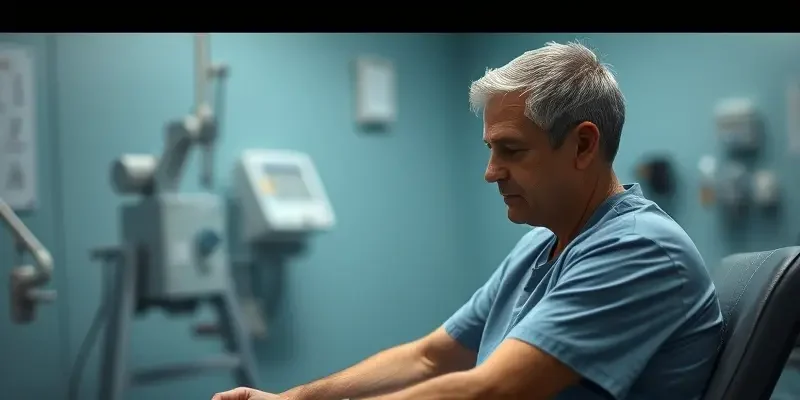Injury is more than a physical setback—it’s a test of character, patience, and mental resilience. Ask any athlete or fitness enthusiast: bouncing back is as much about what’s in your mind as what’s in your muscles. Today, let’s unlock the psychological strategies that can accelerate your comeback and set you up for long-term success.
Why the Mind Matters in Injury Recovery
Getting hurt often brings more than physical pain. You may feel frustration, anxiety, or even fear when thinking about your future in fitness. These natural emotions, if left unchecked, can slow down recovery and sap motivation.
The Phases of Psychological Recovery
Just like your body heals in stages, your mind does too:
- Reaction to Injury: Shock, denial, or sadness often hit first.
- Reaction to Rehabilitation: Motivation can dip as reality sets in; frustration or anxiety may rise.
- Reaction to Return-to-Sport: Excitement about being back, mixed with performance anxiety or fear of reinjury.
Recognizing these stages is step one. The key? Using psychological skills to adapt and thrive in each phase.
Core Psychological Recovery Skills
Goal Setting
Setting clear, realistic goals gives you control over your recovery. Break big milestones into smaller steps. For example: “This week, I’ll walk unassisted for five minutes.” Celebrate each win—no matter how small.
How to try it: Keep a recovery journal and update it with new short-term goals each week.
Positive Self-Talk
Injuries can lead to negative thoughts—”I’ll never get back to where I was.” Reframe these with affirming statements: “Every day, I’m getting stronger.” Research shows this can boost resilience and motivation.
How to try it: When self-doubt creeps in, pause and state three things you’re doing well in recovery.
Visualization
Mental imagery is powerful. Picture your body healing, your movements growing stronger, and imagine yourself returning to your favorite sport or activity.
How to try it: Each morning, spend two minutes visualizing a successful recovery and return to action.
Stress Management
Stress hormones can slow healing. Combat this with techniques like deep breathing, mindfulness, or progressive muscle relaxation. These calm your nerves and help your body focus on healing.
How to try it: Try “4-4-4 breathing”—inhale for 4 seconds, hold for 4, exhale for 4—whenever you notice tension. For added physical relief during recovery, you may also explore techniques like massage gun therapy to help ease muscle tension and promote relaxation.
Social Support
Isolation makes recovery tougher. Stay engaged with friends, teammates, coaches, and family. A supportive environment keeps you accountable, motivated, and less likely to lose hope.
How to try it: Ask a friend to check in regularly, or find an online support group for injured athletes.
Beginner-Friendly Recovery Plan
Here’s a simple weekly approach for integrating mental skills into your rehab:
-
Daily:
-
Morning visualization of healing and future success
-
Use positive self-talk during rehab
-
Record small wins in your journal every evening
-
Weekly:
-
Update and adjust your goals based on progress
-
Touch base with your social support network
-
When to Get Extra Help:
-
If you feel persistently sad, anxious, or unmotivated, reach out to a sports psychologist for specialized support.
Summary Table: Psychological Skills and Their Benefits
| Strategy | Main Benefit | Simple Action ||———————|———————————-|——————————-|| Goal Setting | Focus and motivation | Set/track weekly goals || Positive Self-Talk | Improved mood and resilience | Affirm progress daily || Visualization | Greater confidence and readiness | Visualize success every AM || Stress Management | Faster healing, less anxiety | Practice deep breathing || Social Support | Accountability and encouragement | Stay connected with others |
Conclusion

Combining these psychological skills with your physical rehab doesn’t just help you heal—it’s the secret weapon for coming back stronger, smarter, and more resilient. The mind can be your greatest ally in recovery. So, next time injury strikes, remember: train your brain, and your body will follow.
Stay strong, stay positive, and trust the process—your comeback journey is just beginning!
